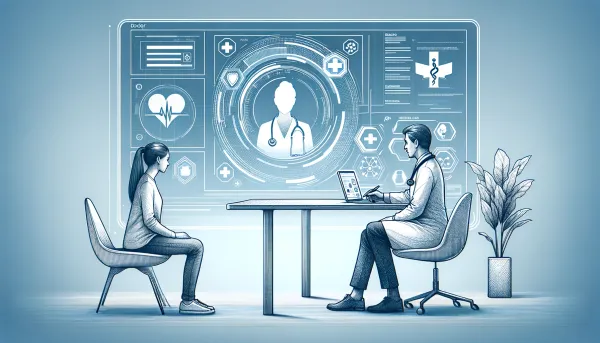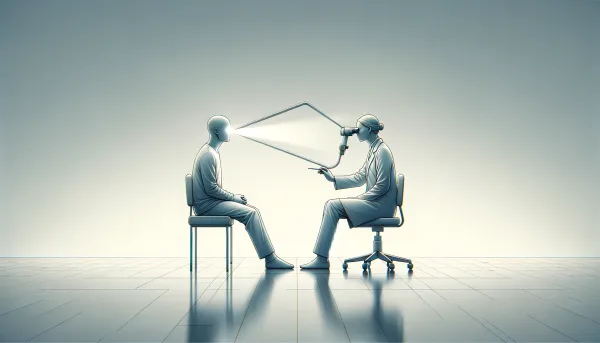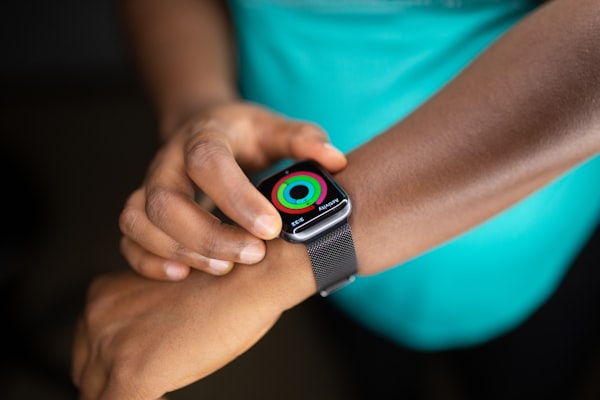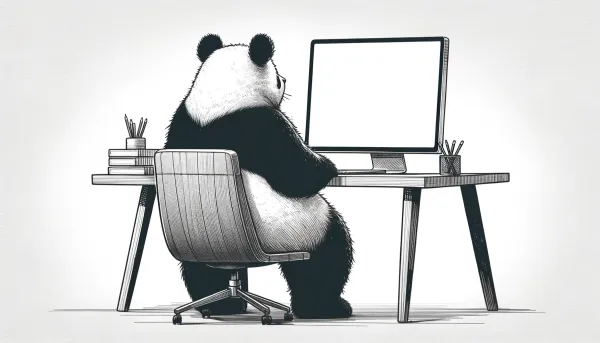There’s No Social Dilemma
There's no dilemma about social media. It can be great, but it's also incredibly addicting and can have serious health consequences. On top of that, our privacy is at stake.
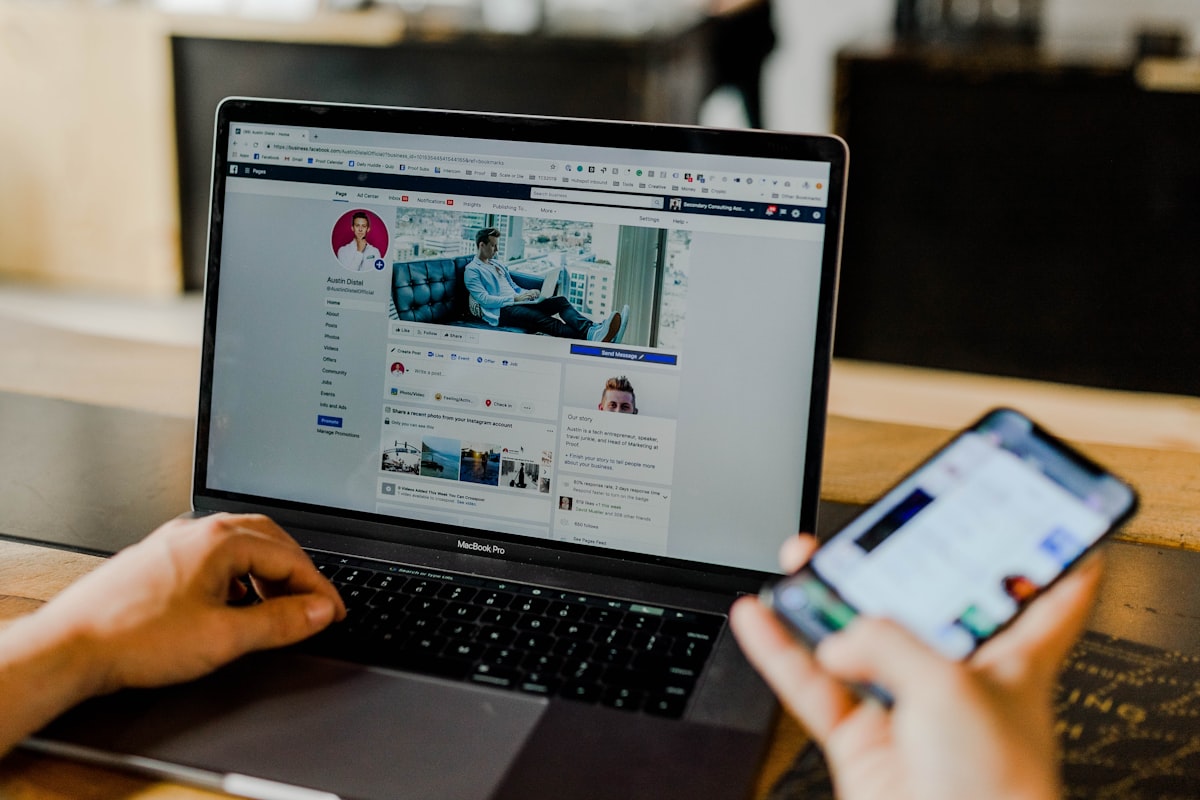
A Netflix documentary “The Social Dilemma” recently made a lot of noise regarding social media use and I find the opportunity appropriate to analyse how its use may affect us perfect. It’s a nice combination of well-being in a digital world.
The goal of every social media platform is to increase its use in as many users as possible - regardless of what their official “mission” is. To understand what follows we first have to look at these companies’ business model. As I’ve discussed in issue #23, it’s weird that they are some of the wealthiest companies in the world without charging anything to their users. In some way, this is a very elegant way to make money. They offer their service for free, collect huge amounts of data, process it and charge businesses for placing adds that they display to the users, based on their data profiles. It’s kind of an indirect way of charging the users not only when they buy advertised products/services but also with their data. That’s ethically questionable.
“If you’re not paying for the product, you are the product.” - The Social Dilemma documentary
To make their platform as attractive to business as possible, it has to be as engaging as possible. Therefore, they keep developing new ways of making users stay on platforms with small but significant updates and features. In large part, this is based on our physiology as new likes, followers and new posts stimulate the release of dopamine in our brain. Social media is in fact perfect for releasing it. This is triggered by small bits of information and by reward cues.
Likes and messages feel good, right? Dopamine does that, but it’s the same chemical that makes us feel good when we smoke, drink and gamble. Plus because platforms gather so much data they’re getting good at predicting what we want to see…so they display exactly that.
Another issue with all of this is that it’s instantly available. You can check your feed on your phone whenever you want to, as often you want to. Everyone you know is just one message away, which is great, but not in excess. The documentary and video below also report that with increasing social media use, forming new and meaningful relationships becomes harder and they become worse. Relationships and communication are becoming based on social media, not physical and in-person contact. The odds are against us.
More in this talk by Simon Sinek:
It goes deeper, comparisons between two people are the recipe for unhappiness. Social media gives us a way to show ourselves in the best light possible - perfect light. We can appear happy, satisfied and successful without even being all of that. We can literally put a filter on our life. I’m sure you experienced envy when following certain “more successful” people online. This article by Farnam Street describes comparing to others perfectly:
“The most important things in life are measured internally. Thinking about what matters to you is hard. Playing to someone else’s scoreboard is easy, that’s why a lot of people do it. But winning the wrong game is pointless and empty. You get one life. Play your own game.” - The Danger of Comparing Yourself to Others , Farnam Street
Mental health and overall satisfaction are one thing. But then we also have social media’s effect on the behaviour of groups of people. Because of the algorithms that predict what we like, we just keep seeing the same perspective on topics. It’s harder and harder to create an opinion the more data companies collect about us. This is scary. We start living in a bubble of what we’re sure is true. The results are catastrophic, which is so much more potent during the times of COVID-19. Scientific nonsense about masks, vaccines and the virus itself. It just doesn’t stop. I’m sure we will see the consequences of this. Watch the documentary for more about this topic, as it gets even deeper and scarier.
But there has to be something good about social media right? Yes, of course. Social media isn’t bad, too much of it is. We need to learn to live with it, just as we did with newspapers, radio and TV. We can’t just abandon it, we have to find a balance. Networking, talking with people all around the globe and sharing what you do are just some of those benefits.
A book by Cal Newport titled Deep Work also offers, in my opinion, the best solution to using social media. Yes, be active on the platforms that benefit what you do. But don’t let them take control over you. Perform regular checkups who you follow and what your permissions to the platform are. Disable all notifications and make time to be on social media. This is tough to achieve, but nothing wrong to strive towards.
LinkedIn has in my opinion the best relationship between time-spent and usefulness and is, therefore, my favourite. I encourage you to look into it!
Despite the documentaries’ title, there’s no dilemma when it comes to social media. There’s more bad than good to it if we don’t learn to balance its use. I’m appealing to you, including to myself, to strive towards finding it (wherever it is) and improve our lives!
I’m interested in what you think, how much social media you use and which platforms - just reply!

